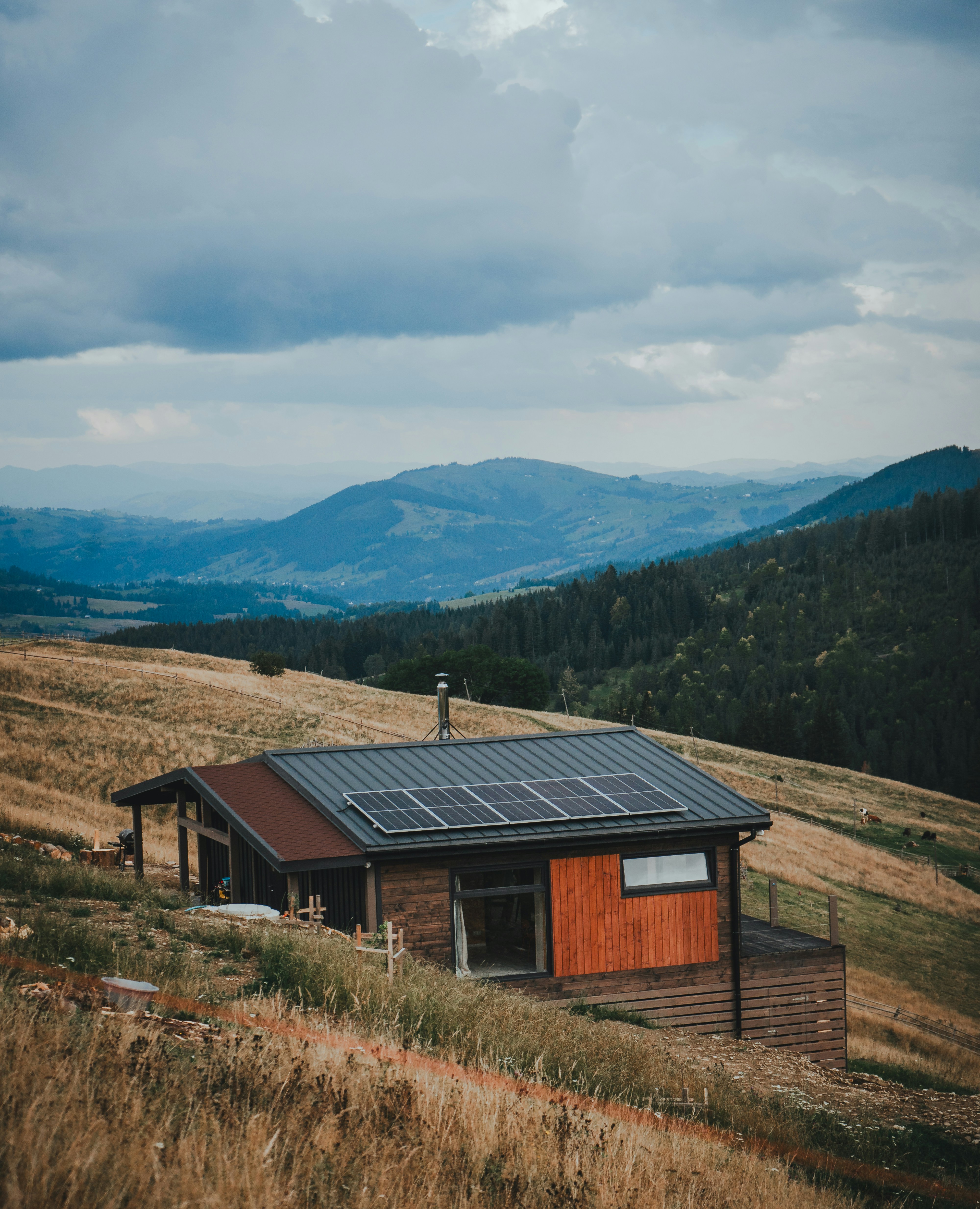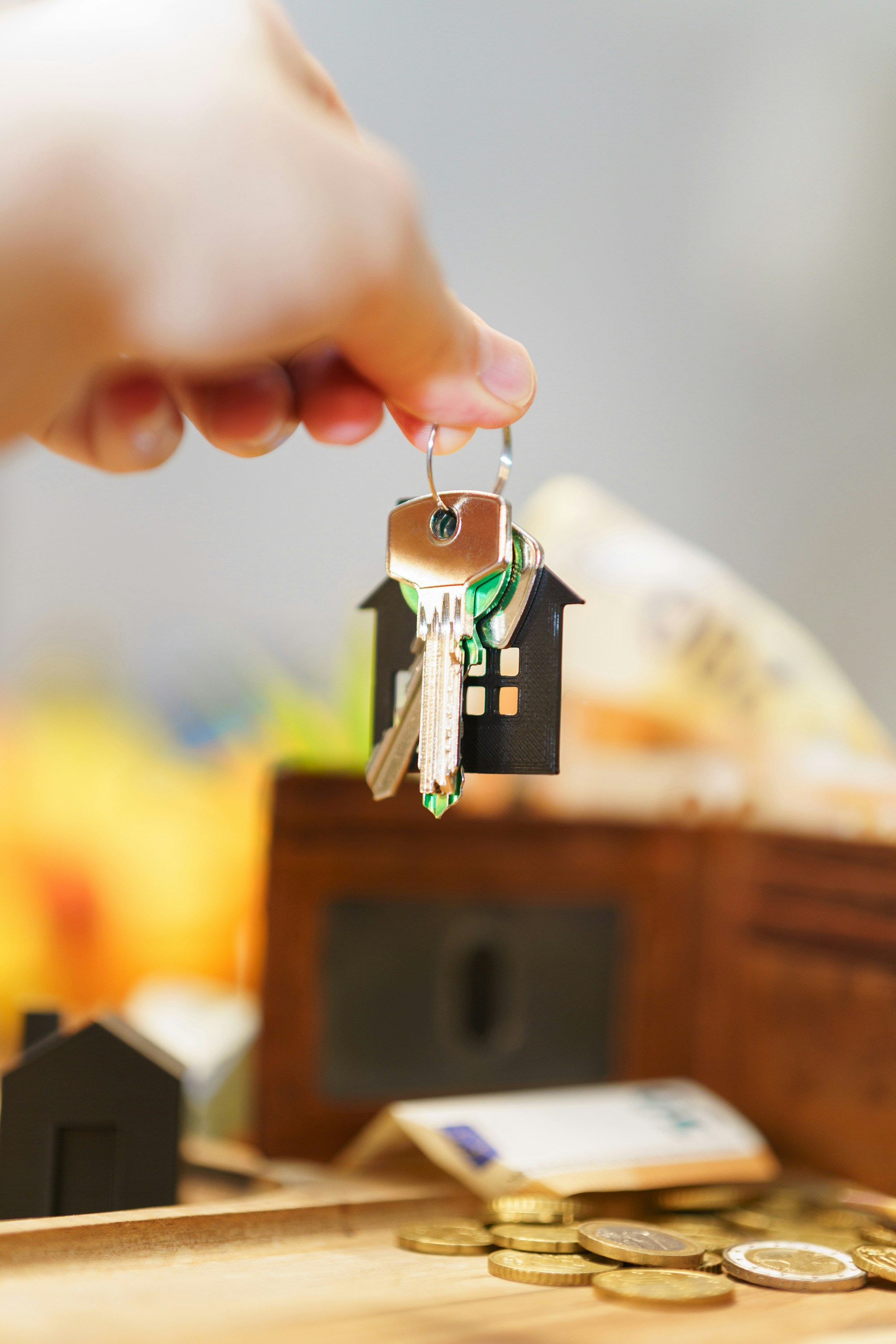Rural Renaissance: Investing in Off-Grid Properties

The real estate market is evolving. Skyrocketing urban property prices, environmental concerns, and the rise of remote work are driving investors and homebuyers toward rural, off-grid properties. What was once considered a fringe lifestyle choice is now a lucrative investment opportunity. Welcome to the Rural Renaissance: a movement where sustainability, independence, and smart financial strategy intersect.
Why Off-Grid Properties Are Booming
Off-grid properties, often equipped with solar panels, rainwater systems, and energy-efficient infrastructure, offer more than a place to live—they offer autonomy. Buyers are seeking properties that reduce utility costs, provide privacy, and deliver a sense of self-sufficiency.
Key reasons for the surge in off-grid property interest include:
- Urban Fatigue: Congested cities, high costs, and long commutes are pushing residents to explore rural alternatives.
- Sustainability Goals: Climate-conscious consumers prioritize homes with renewable energy systems, low carbon footprints, and self-sustaining features.
- Remote Work Flexibility: Professionals no longer need to be tied to urban centers. Rural properties with strong internet connectivity are now viable for remote work lifestyles.
Investors are noticing. The off-grid housing market is projected to grow steadily over the next decade, making early adoption a smart financial move.
Understanding the Off-Grid Market
Before investing, it’s essential to understand the off-grid property market. These properties require careful evaluation of both the location and infrastructure.
Location Considerations
Location remains critical. Even in rural areas, factors such as access to roads, proximity to healthcare, and community services can determine long-term value. Prime off-grid locations often include:
- Mountain retreats or wooded areas offering privacy and scenic value.
- Proximity to rivers or lakes for water resources.
- Sunlight exposure for solar power efficiency.
Infrastructure Essentials
An off-grid property is only as good as its systems. Key infrastructure considerations include:
- Energy Sources: Solar panels, wind turbines, and backup generators ensure reliable power.
- Water Supply: Wells, rainwater harvesting, and storage tanks are necessary for independence.
- Waste Management: Septic systems or composting toilets are vital for self-sufficiency.
Investors should also assess the condition of roads, fencing, and other land amenities that impact usability and resale potential.
Regulatory Landscape
Zoning laws, building codes, and land-use restrictions vary widely by region. Conducting due diligence on local regulations is critical to avoid costly compliance issues. Some jurisdictions incentivize renewable energy and off-grid development, which can further enhance ROI.
Investment Strategies for Off-Grid Properties
Off-grid properties offer diverse opportunities for savvy investors:
- Vacation Rentals: Unique off-grid cabins or tiny homes attract travelers seeking authentic, sustainable experiences. Sites like Airbnb report strong demand for eco-friendly rural rentals.
- Long-Term Rentals: Tenants increasingly seek self-sufficient, eco-conscious housing. Properties with renewable energy and water systems appeal to environmentally minded renters.
- Land Banking: Buying rural land at lower prices allows investors to wait for property appreciation or develop off-grid communities.
- Value-Add Renovations: Enhancing off-grid systems and improving living spaces increases property value and marketability.
Mitigating Investment Risks
Off-grid investments come with challenges:
- High Initial Costs: Solar installations, water systems, and building upgrades require capital.
- Maintenance Demands: Renewable energy systems and water infrastructure need regular attention.
- Isolation Factors: Remote locations may limit access to emergency services or commercial amenities.
Effective risk mitigation includes thorough property inspections, contingency planning, and backup power or water solutions.
The Future of Off-Grid Real Estate
Off-grid living aligns perfectly with emerging societal and economic trends:
- Sustainable Housing Trends: Consumers increasingly prioritize environmentally friendly homes.
- Tech Integration: Smart home technologies are bridging the gap between comfort and self-sufficiency.
- Rural Revival: As cities continue to face affordability and congestion issues, rural properties offer a compelling alternative.
The combination of environmental awareness, technology, and lifestyle flexibility ensures off-grid properties will remain a strong investment niche.
Conclusion
Investing in off-grid properties is about more than buying land—it’s a strategic move into a growing market. These properties offer financial upside, lifestyle benefits, and alignment with sustainability goals. The Rural Renaissance is here, and off-grid properties are at its forefront. Investors who recognize the value of independence, autonomy, and forward-thinking infrastructure will find significant opportunities in this emerging market.


